Distilled Spirits Council Outlines Key Foreign Trade Barriers Impacting the U.S. Spirits Sector in Report to USTR
Permanent Return to Zero-for-Zero Tariffs on Spirits Cited as Top Priority
WASHINGTON – The Distilled Spirits Council of the United States (DISCUS) expressed concerns about the sharp decline in U.S. spirits exports and the urgent need to get back to permanent tariff-free trade in a comprehensive report submitted last week to the Office of the United States Trade Representative (USTR) identifying key foreign trade barriers impeding U.S. distilled spirits exports.
The report details the major trade barriers faced by U.S. spirits exporters around the world, including retaliatory tariffs, discriminatory taxes, regulatory standards, and certification and labeling measures.
Robert Maron, DISCUS Senior Vice President for International Trade Policy and Market Access, stated that the U.S. spirits sector’s top trade priority is a permanent return to zero-for-zero tariffs with key trading partners.
“The U.S. distilled spirits sector is facing mounting global challenges that threaten its competitiveness and long-term growth,” said Maron. “Through the second quarter of 2025, total U.S. spirits exports declined 9% compared to the second quarter of 2024. This downturn reflects the impact of retaliatory tariffs and other actions, rising trade tensions, and market access barriers in key markets.”
Maron pointed out that the unsettled retaliatory tariff landscape creates ongoing challenges for the U.S. distillers. China continues to impose retaliatory tariffs on U.S. spirits, while the EU has suspended its tariffs on U.S. spirits until February 2026. In addition, in Canada where there are currently no tariffs on U.S. spirits, all but two provinces continue to block U.S. spirits from provincial-run retail outlets.
Maron commended recent progress by the Trump Administration to strengthen U.S. manufacturing and increase spirits exports, including India’s agreement to reduce its tariff on bottled Bourbon from 150% to 100%, Türkiye’s removal of retaliatory tariffs on U.S. spirits, Cambodia’s elimination of its 35% tariff on U.S. spirits, and Malaysia’s commitment to phase out its tariff on most U.S. spirits.
Maron stressed, however, that U.S. spirits exports continue to face a competitive disadvantage compared to other major spirits producers in key growth markets. For example, the UK and the EU continue to secure trade agreements with key markets that eliminate tariffs on their spirits exports. This tariff disparity threatens to erode hard-won market share and undercuts the competitiveness of U.S. spirits abroad. The ongoing negotiations to finalize the terms of agreements with Thailand and Vietnam are an opportunity to secure immediate tariff removal for all U.S. spirits.
“For U.S. producers, increasing exports and opening new markets, not tariffs on imports, represent the most viable path to returning to growth and global competitiveness,” said Maron. “We urge the Administration to secure a permanent return to zero-for-zero tariffs with our key trading partners and prioritize new market access opportunities in ongoing trade negotiations. It is through the return to zero-for-zero and the successful elimination of tariffs and non-tariff barriers both domestically and in our key export target markets that the U.S. spirits industry can thrive.”
The DISCUS submission also identified countries that assess other barriers to U.S. distilled spirits imports, including:
- Discriminatory excise taxes by Australia, EU, India, Indonesia, Malaysia, Vietnam, Costa Rica, Peru and Turkey.
- Standards and labeling requirements in Australia, New Zealand, Brazil, China, Ireland, Spain, India, Korea, Malaysia, South Africa, Thailand and Vietnam which are inconsistent with standard international practices and could impose unnecessary barriers to entry for U.S. spirits exporters.
###

